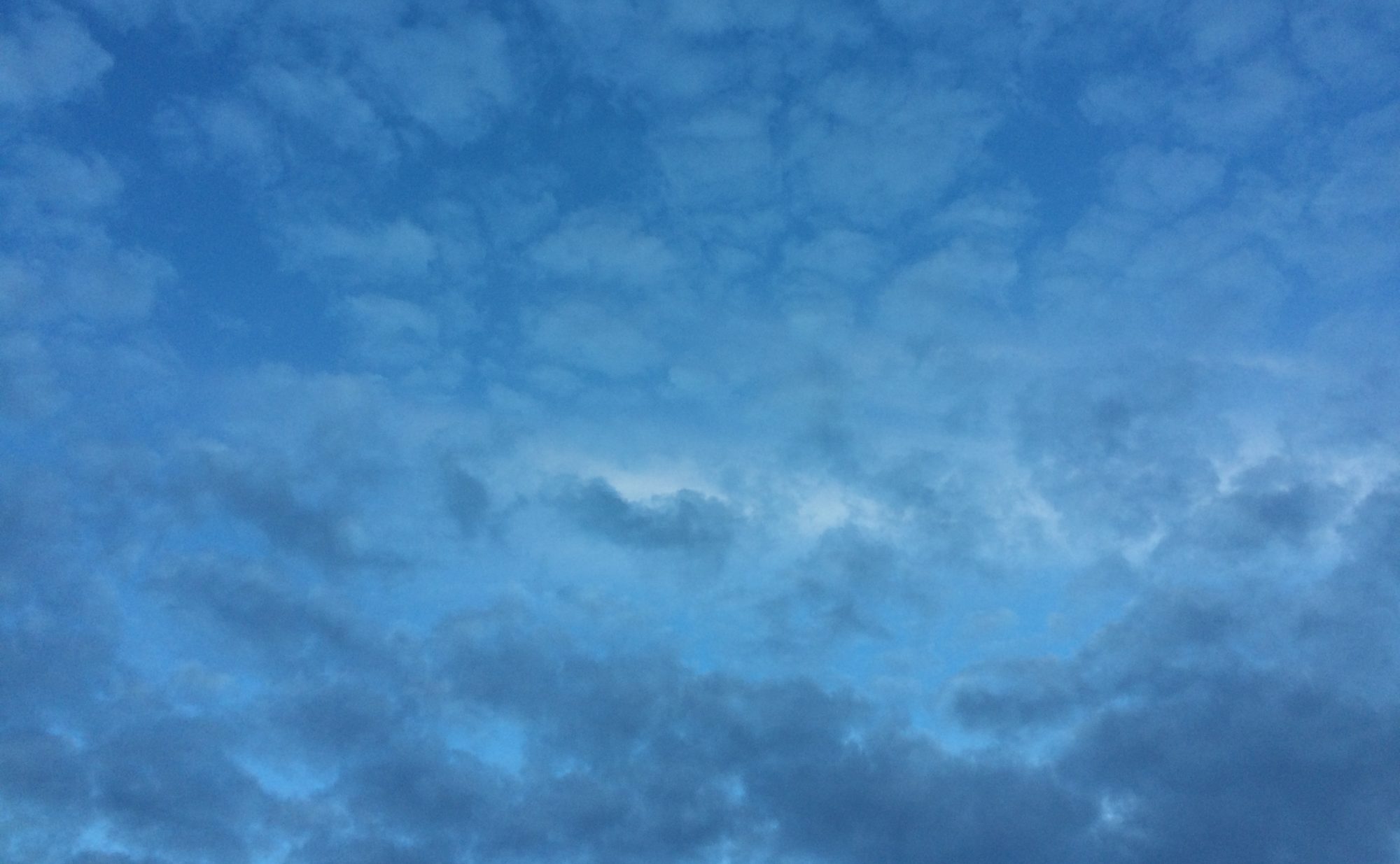Minimalism: A Documentary about the Important Things
Film – available on Netflix
Starring: Joshua Fields Millburn and Ryan Nicodemus
Director: Matt D'Avella
★★★★/5
Do You Really Need All That?
The most interesting moment in Minimalism: A Documentary about the Important Things occurs near the midpoint, as Joshua Fields Millburn and Ryan Nicodemus, the minimalist authors whose book tour the film follows, make an early morning appearance on a Las Vegas TV show. Milburn has just recounted the experiences that lead him to question his priorities and, eventually, to write a book – in the course of a month, his marriage broke up and his mother died of cancer. He realized that the pursuit of professional success and material wealth had caused him to neglect his relationships, and the people he loved slipped away while he was paying attention to less important things. And in the face of these losses, he decided to get rid of the things that had prevented him from connection to the people around him.
The host finishes the segment saying, "Try not to buy anything today. Good luck with that!" His tone is so plastic, his expression so rehearsed and devoid of readable emotion that it's impossible to tell if he's being ironic, sarcastic, or direct – a sort of text message in human form. When the red light switches off he turns and walks away from the Milburn and Nicodemus as though they were dirty dishes he'd just left in the sink. This is exactly the attitude they're trying to escape.
Making Space for Living
They are rebelling against a vision of the American dream as corrupting – the siren song of a standardized vision of success.
Both men, we learn, come from broken homes. ("My very first memory is my father extinguishing a cigarette on my mother's chest," Milburn confides to the camera.) Lacking the experience of stability and love, they do what many Americans do – they seek comfort in dependable, predictable material goods.
There are limits to how well this works, though, and by their late twenties both men found themselves dissatisfied, questioning the gospel of consumption that they had absorbed.
Intercut with footage of their cross-country trip are security camera images of Black Friday shoppers beating one another up, and a variety of experts either condemning materialism or promoting non-consumerist alternatives.
Like many approaches to happiness, minimalism is a response to another older approach. It's an answer to consumerism – the idea that happiness can be bought in the form of mass-produced goods. But consumerism is such an enormous and vaguely defined presence in American life that it's hard to identify the exact question minimalism is responding to. Beyond Milbanks's and Nicodemus's critique, the film offers several arguments against consumerism. One speaker explains that we can never truly be satisfied by what we buy, so we're always looking for something new. (This idea is explored in Campbell's The Romantic Ethic and the Spirit of Consumerism.) Another explains that the powers that be want docile, controllable consumers (a la Theodor Adorno in "The Culture Industry.")
If that part of the film is a bit unfocused, the responses to consumerism – and the escape plans enacted by people who were overwhelmed by it – make for interesting watching. We visit tiny houses and cleaned-out closets, and look at the ways that modern society fights off mindful living.
Love People, Use Things
On a deeper level, Minimalism: A Documentary explores the complex relationships between time, money, stuff, and community. In an odd way, they're all interchangeable with one another. One man claims he only owns 51 things. Of course, that's a bit deceptive. There were no frying pans or vegetable peelers in his bag because, as he travelled around the world blogging and working remotely from hotels (nice work if you can get it), he ate out. He might not have owned a kitchen, but he basically rented one every time he set foot in a restaurant, and hired a cook to do the work as well. When you have enough money, stuff becomes optional.
Another solution is community. One response to having a limited collection of goods involves loaning and borrowing. (What percentage of the time am I actually using my slow cooker? I could very easily lend it out and not miss it.)
"We're big huggers," the men tell almost everyone they meet, apparently. For them, the problem is that material things get in the way of the ability to connect with other people. Finding community isn’t just incidentally related to leaving the rat race – for these two, it seems, it's an either-or choice.
Are possessions really so compelling that they have us fighting in aisles of Walmart? There's a theme of brokenness and desperation that flows quietly through this film – the difficult family lives both men experienced lead them to believe that, since good relationships weren't an option, happiness would have to come through things.
If you look at the film rationally, the representation of consumerism is a bit exaggerated, but the images of Black Friday shoppers make it clear how the Minimalists perceive it on a symbolic level – as a continuation of the broken lives they hoped they'd left behind when they entered the corporate world. For them the examined life takes the form of a clear but firm choice: as Milburn puts it, "Love people and use things, because the opposite never works."
After the host in Las Vegas turns and walks away, Milburn smiles pleasantly. He knows what it's like to have instrumental relationships. The fact that he's done with them – as much as that's possible – doesn't mean everyone else is. The contrast is stark.
If you enjoyed reading this, please help me out by passing it on to other people who might appreciate it, sharing it through e-mail or your favorite social media platform. You can also follow me on Facebook and Twitter (@s_g_Carlisle).
